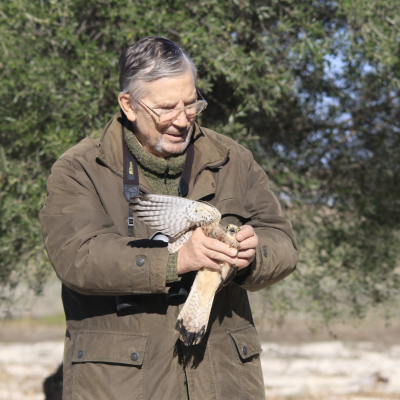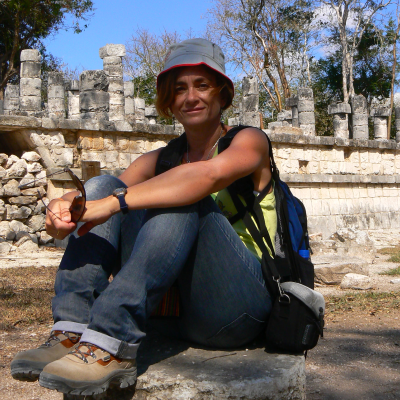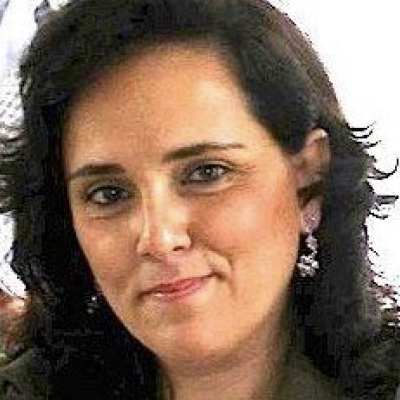Team

Retired Full Professor
Ph.D in Ecology, U. Complutense. Madrid 1968. Post doc 1968-70 at the EstaÇao de Melhoramento de Plantas (Elvas, Portugal) and the Botany Department, U. of St Andrews, (Scotland). Appointed Professor of Ecology at the University of Seville,1976.
His career focused on the ecology of vegetation and conservation, working in the Mediterranean basin and in South America countries. He studied in detail the ecophysiology of shrub species and successional processes in Mediterranean vegetation. His pioneer work on ecological history and human exploitation of ecosystems, included environmental studies (impact evaluation, sensitivity and vulnerability of ecosystems, biodiversity studies), conservation and restoration projects.
He has authored 355 publications including 21 books.
He belongs to the Spanish National Academy of Science, to the Academy of Sciences of Seville and to several Conservation institutions.
María Cruz Díaz Antunes-Barradas
Full Professor
I am a plant ecophysiologist.
I studied Biology at the University of Seville (1982) and I received a Ph.D. in Biology (Plant Ecology) from the University of Seville in 1988. I have followed all the academic degrees in the Department of Plant Biology and Ecology and I am currently working as full Professor of Ecology at the Faculty of Biology, University of Seville (Spain).
The focus of my research has always been based on ecophysiological and ecological approaches in Mediterranean ecosystems, invasive alien plants, carbon and water fluxes, ecology of dioecious plants, and the application of Stable Isotope Mass Espectrometry especially addressed to study functional processes in coastal vegetation but extended to other stress areas.
Currently, my main research is focused on plant response to stress and functioning of Mediterranean vegetation, through ecophysiological and ecological approaches, in particular, water and photosynthetic analysis and community approaches.
Particularly important is the application of Stable Isotope Mass Espectrometry to ecosystem and plant functioning. Another area of research is based on the ecological impact of alien invasive plant species as well as the development of innovative methods for the control of these species and the ecology of dioecious plants. I have also worked in Morocco in the ecology of Argania spinosa for many years.
I believe that ecophysiology can help to forecast plant responses under a scenario of Climate Change.


Juan Bautista Gallego Fernández
Associate Professor
–
María Zunzunegui González
Associate Professor
Stable isotopes, Functional ecology, Water and carbon fluxes, Plant invasions, Mediterranean ecosystems
She received her PhD in Biology, from the University of Seville in 1997, with her thesis related to the structure of plant communities in relation to water availability in Doñana National Park and phenology and water relations in Halimium halimifolium.
She currently works as an Associate Professor of Ecology at the Ecology and Plant Biology Department of the Faculty of Biology, University of Seville, Spain.
The focus of her research is based on the study of the functional characteristics of Mediterranean vegetation, using ecophysiological and ecological approaches, in particular, carbon and water fluxes from leaf to ecosystem levels. She also studies the application of Stable Isotope Mass Spectrometry to ecosystem and plant functioning.
Other areas of her research are based on the ecological impact of alien invasive plant species, the development of innovative methods for the control of those species and on the ecology of Argania spinosa in Morocco.


Herminia Rodríguez Martínez
Associate Professor
–
Juan Jauregui Arana
Assistant Professor
–

Collaborating teams

Otilia Correia
Associate Professor

Cristina Maguas
Associate professor

Inmaculada Navarro
Associate Professor

Nombre
Cargo



